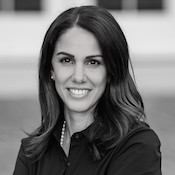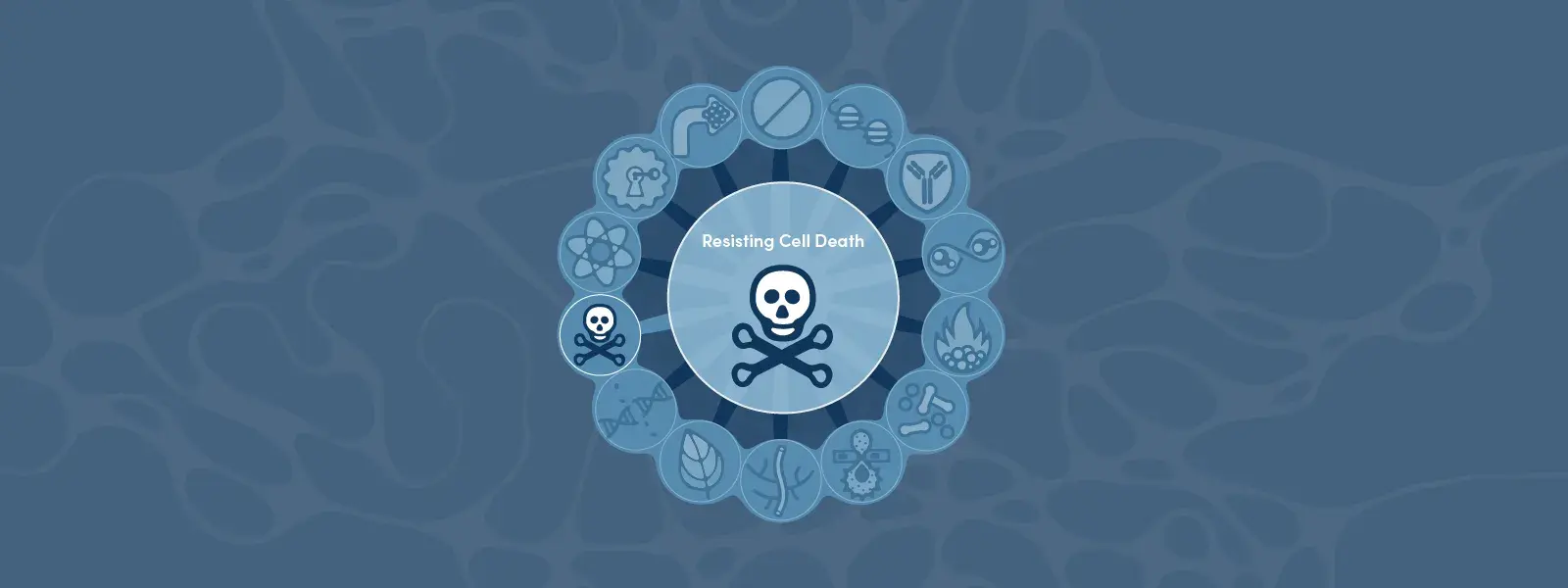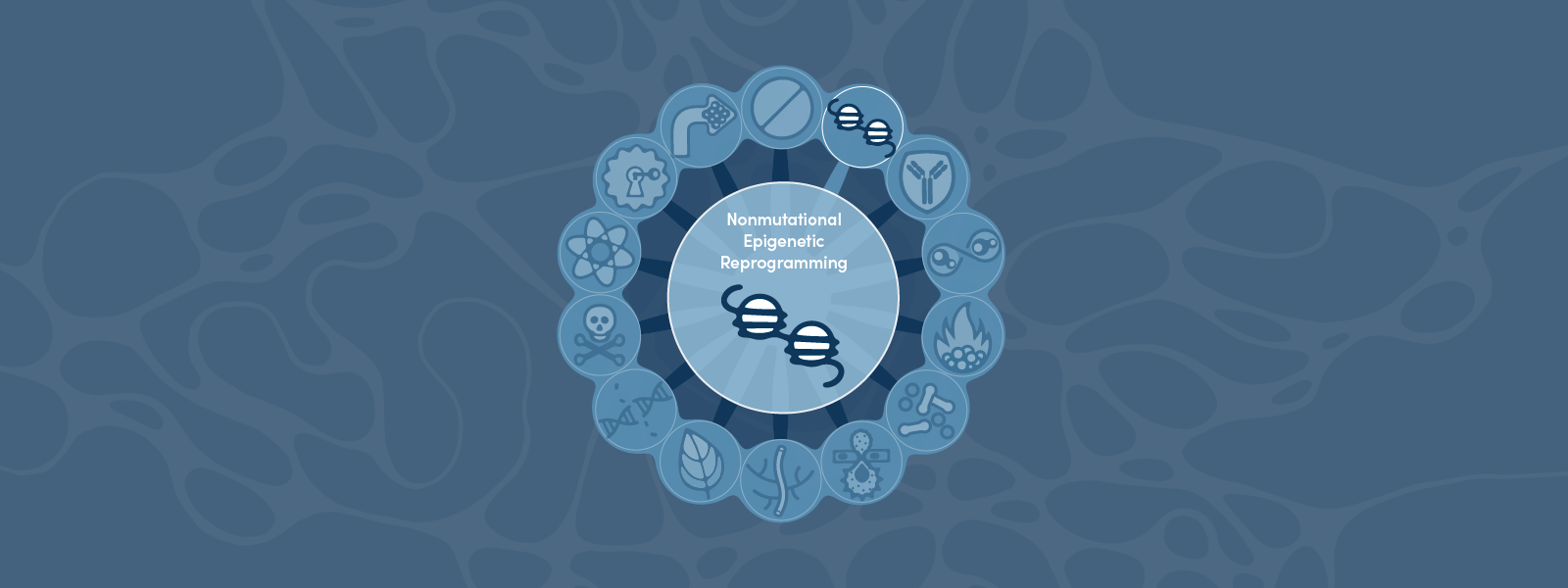It can seem like every week brings a new biotech innovation or another groundbreaking study that provides a deeper understanding of disease mechanisms. Scientists at Cell Signaling Technology (CST) are proud to facilitate these discoveries and support investigators in industry and basic research by providing rigorously validated antibodies.
Learn what it's like to be a product scientist working in this fast-paced, dynamic industry.
What’s it like to be a Product Scientist at CST?
Senior Product Scientists at CST, Laurel Conley, PhD and Srikanth Subramanian, PhD, explain what they do on a day-to-day basis in the video below.
Production scientists at CST strive to fulfill the mission of the company—making the most relevant, useful, and reliable tools for basic and translational research.
In doing this, we haven’t forgotten our roots—many of our development and production teams conduct research through collaborations with external scientists, host weekly scientific talks from field experts, and interact with customers to learn what they need, what works, and what doesn’t.
"The complex nature of pathways, where they overlap, intersect, etc., is interesting to try to tease apart," explains Srikanth. "I used to work with a non-traditional model system, and I've realized it's so hard to do good science without good tools. So helping to manufacture better tools is a great way to contribute to science. I used many CST antibodies for my thesis work, and I developed an appreciation for the company and its products." Srikanth adds, "As a product scientist, I prepare and manage all of the Akt antibodies as well as products for the study of actin and microtubule regulation and adherens junctions. I also provide technical support to our customers, attend scientific conferences and actively participate in production meetings to improve products and customer support."
At CST, we also do things a bit differently than other antibody manufacturers. First, over 95% of our primary antibodies are developed and manufactured in-house. Our scientists perform validations on every antibody we produce, including testing for antibody specificity, sensitivity, and cross-reactivity in multiple applications and using numerous cell types.
Second, the same scientists who produce and validate our antibodies also provide technical support. Not only do our scientists enjoy the opportunity to step away from the lab bench and interact with Customers, but having the same scientists who produce our antibodies help our Customers design experiments and achieve reliable results means we’re able to provide meaningful, in-depth, and hands-on support.
It’s also worth mentioning that social responsibility and giving back to the community are a core part of who we are at CST. We have a robust volunteer program through which employees donated over 5,700 volunteer hours between 2018 and 2021 and which achieved a participation rate as high as 71% among US employees! We also invest in the communities surrounding our global offices through grant programs, STEM scholarships, summer internships, and partnerships with local nonprofit organizations.
Srikanth describes the corporate social responsibility initiatives he’s been a part of in the following video post:
Earlier this year, CST became the first Life Sciences company to join 1% for the Planet. As part of this, we have committed to donating 1% of our total annual revenue to a network of environmental partner organizations. We practice sustainability efforts in our operations and also have an ambitious, science-based climate goal to achieve net-zero emissions by 2029, the 30th anniversary of our founding.
Overall, these core tenants of our culture create a dynamic and rewarding working environment where scientists are able to collaborate, innovate, and have fun!
Are you considering a career in the Life Sciences and interested in learning more? Check out our Careers page to see open positions and hear directly from our scientists.




/42157_chimeric%20antibody%20blog%20featured3.webp)

